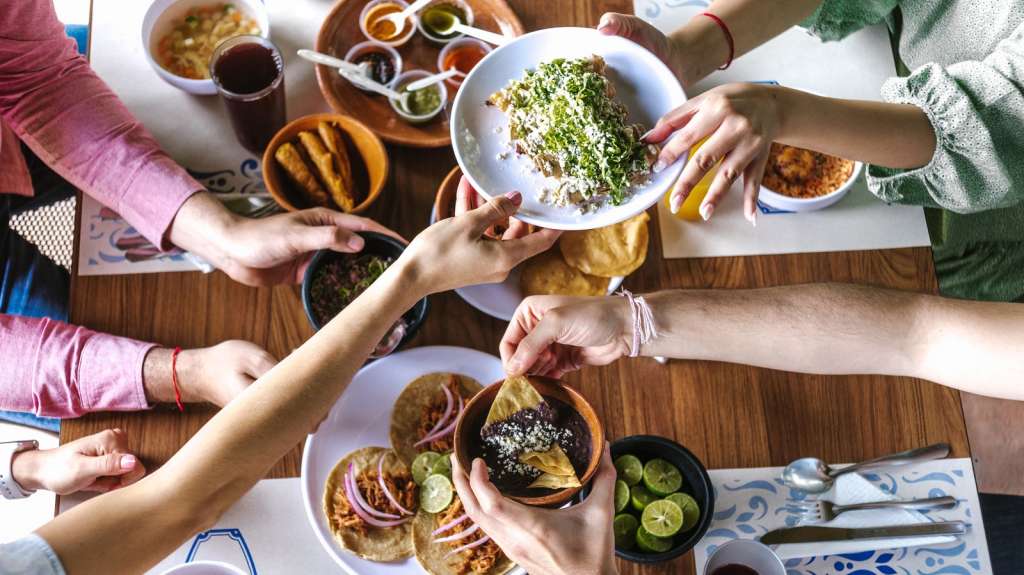We are what we eat


The world is full of different cuisines and thousands of different dishes. However, if we analyze them for their essentials, there are only a few ingredients that our body needs to survive. These basic molecules belong to groups that we are all familiar with – carbohydrates, fats, proteins. Each class of molecules is very important for the functioning of our body. So what to choose?
Our physical and mental well-being is directly related to what we eat and drink. The nutritional value of our food determines the composition of our cell membranes, bone marrow, blood, hormones, tissues, organs, skin, and hair. Our bodies replace billions of cells every day and their source is the food we eat.
Oxford University scientists have shown that the nutrition of organisms can also influence the composition of their genes. Because organisms build their DNA from what they eat, Drs. Steven Kelly of the Department of Plant Sciences in Oxford and his colleagues hypothesized that dietary composition could alter an organism’s DNA. The results revealed a previously hidden link between cellular metabolism and evolution and provided new insights into the effects of adaptation to different diets on DNA sequences. The team also found that it was possible to predict the diets of related organisms by analyzing the DNA sequences of their genes.
A balanced diet not only promotes better overall and physical health, but it can also help us feel good through the “brain-gut connection.” Good nutrition is part of a strategy. It can reduce the risk of chronic diseases and even improve the condition of our genes. When it comes to good nutrition, there is no universal rule. Following generally accepted recommendations like low sugar, low salt, and a wide variety of nutrients may be the best solution for all of us.
Watching what you eat is another very important aspect of healthy eating, which of course affects all of us. What we eat and how much we eat is crucial, but how we process it is perhaps even more important. Thanks to thousands of tiny sensors, the gut has the difficult task of managing all the information contained in food. Eating alone will not keep your gut healthy.
If you’re eating a nutritious and delicious meal with a friend but suddenly start arguing, your stomach will turn and you’ll likely experience indigestion, pain, or nausea. Even when we eat alone, most of us have an internal dialogue in the brain. We are full of myriad thoughts and emotions that divert our full attention from the food in front of us. We also eat while on the phone, with the TV on, and in the office.
There is reason to believe that eating when we are excited, confused, or just plain distracted can slow or stop digestion.
The Modern American Dietary Guidelines were first published in 1980 and are updated every five years, with the last publication in 2020. These guidelines have evolved over the past forty years and are characterized by a focus on specific ingredients (fat, carbohydrate, protein) gone away with a focus on “healthy eating habits”. It is recognized that nutritional needs and metabolism change throughout life and that eating is an enjoyable social activity influenced by culture and the availability and affordability of healthy food.
The food we eat is said to bring us health and happiness. This is the basic meaning of the phrase “You are what you eat”. Fad diets rarely guarantee health and happiness, and can even contribute to the development or worsening of eating disorders.
Our relationship with food is complex. There is a consensus that food should support both physical and mental well-being, and the diet most likely to achieve this contains more than proteins. Vegetables, fruits, greens and whole grains. Grains limited saturated fats and added sugars. We also need to have a positive relationship with the foods we eat. The emphasis should be on a positive approach to food choices based on personal and cultural preferences, rather than a negative approach to avoiding certain foods.



